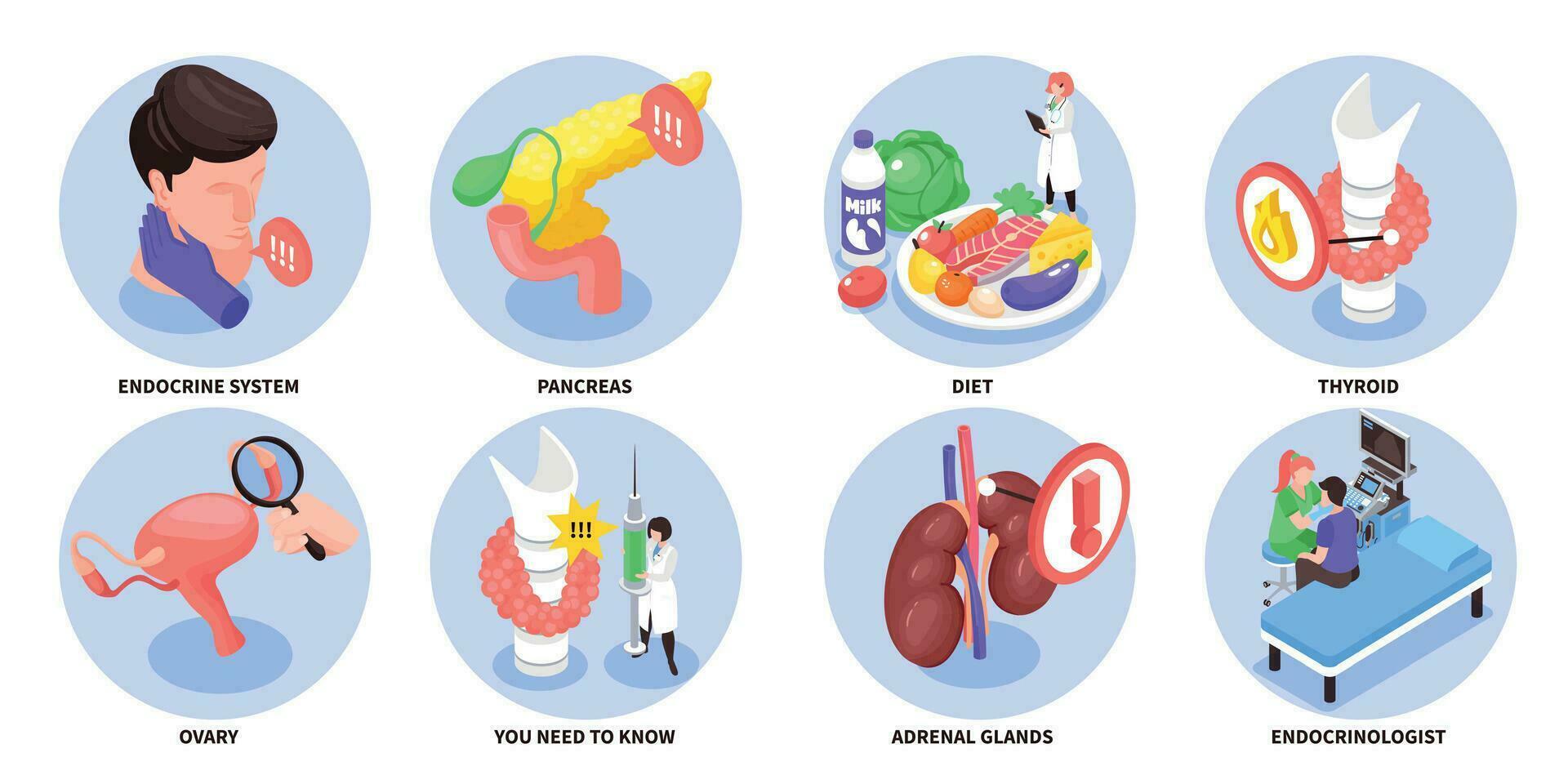Endocrinologist in Liberty Hill: Committed Specialists for Hormonal Wellness
Wiki Article
The Scientific Research Behind Hormone Policy: Insights From an Endocrinologist
The Science Behind Hormonal Agent Law: Insights From an Endocrinologist provides a thorough expedition of the elaborate processes entailed in hormonal agent policy. Created by an experienced endocrinologist, this insightful overview explores the fascinating world of hormones and their critical role in preserving physical features. From the principles of hormone production to the complicated comments loopholes that govern their release, this book offers a careful exam of the devices at play. Additionally, it explores the various aspects that can interrupt hormonal agent balance and uses useful understandings right into just how these discrepancies can be identified and dealt with. Whether you are a physician looking for a much deeper understanding of endocrine feature or a private thinking about finding out about the scientific research behind hormonal agent law, this publication is an invaluable resource.Hormonal Agents and Their Features
Hormones play essential functions in the regulation and sychronisation of various physical processes within the body. These chemical messengers are created by endocrine glands and are released right into the bloodstream, where they take a trip to target cells or body organs to exert their effects. The features of hormones vary and include almost every element of human physiology.One of the key features of hormones is to keep homeostasis, which is the stable inner environment essential for the body to work ideally. Insulin, a hormonal agent created by the pancreas, controls blood glucose levels by advertising the uptake and storage of sugar in cells. An additional hormone, cortisol, aids the body respond to stress and anxiety by boosting blood sugar levels and subduing the immune system.
Hormones additionally play critical duties in growth and growth. Development hormone, created by the pituitary gland, boosts the growth of cells and bones, while thyroid hormones control metabolic rate and affect the development of the nerves - Endocrinologist. Furthermore, reproductive hormonal agents, such as estrogen and testosterone, are in charge of the advancement and upkeep of second sex-related characteristics and the policy of the menstruation
The Endocrine System: An Introduction
Playing a crucial function in the guideline and control of physical procedures, the endocrine system is an intricate network of glands that generate and launch hormonal agents right into the bloodstream. These glands, including the hypothalamus, pituitary gland, thyroid gland, adrenal glands, pancreas, ovaries, and testes, secrete hormones that serve as chemical messengers, influencing different bodily functions. The endocrine system operates in combination with the nerve system to regulate and preserve homeostasis, guaranteeing that the body's interior environment stays steady.The hypothalamus, situated in the brain, is thought about the master regulatory authority of the endocrine system. It creates hormones that hinder the launch or boost of hormones from the pituitary gland, which in turn controls the task of various other endocrine glands. The thyroid gland, located in the neck, produces hormones that regulate metabolic rate and power balance. The adrenal glands, situated atop the kidneys, generate hormonal agents that assist the body respond to tension and control high blood pressure.

Law of Hormonal Agent Production
The regulation of hormone manufacturing includes a complicated interplay in between numerous glands and responses systems within the endocrine system. Hormones are chemical carriers that play an essential role in keeping homeostasis and working with different physiological procedures in the body. The production of hormonal agents is firmly regulated to make certain the correct functioning of the endocrine system.The hypothalamus, situated in the brain, offers as an essential regulatory authority of hormone manufacturing. It releases hormonal agents that boost or prevent the manufacturing of hormonal agents by the pituitary gland, which is typically described as the "master gland" of the endocrine system. The pituitary gland, a knockout post consequently, generates hormones that act upon various target glands throughout the body, boosting them to produce and launch specific hormones.
Responses mechanisms additionally play a vital duty in hormone guideline. There are two kinds of responses mechanisms: unfavorable responses and positive comments. Adverse feedback assists keep hormone levels within a slim range. When hormone levels climb over or fall listed below the ideal variety, the body causes mechanisms to either reduction or rise hormonal agent production, respectively, to recover balance. Positive responses, on the various other hand, enhances the manufacturing of hormonal agents in response to certain stimuli, such as childbirth.
Feedback Loops in Hormone Policy
Feedback loops play a vital function in the policy of hormone manufacturing. These loopholes include a collection of interactions between the endocrine glands, hormones, and target body organs to keep homeostasis in the body. There are 2 kinds target minute clinic of feedback loops: adverse responses and favorable responses.When hormonal agent levels increase above a specific threshold, the hypothalamus in the mind signals the pituitary gland to reduce hormone manufacturing. On the other hand, when hormonal agent levels go down below the limit, the hypothalamus stimulates the pituitary gland to boost hormonal agent production, recovering balance.
Favorable feedback loopholes, on the various other hand, enhance hormonal agent production. This happens when a hormonal agent promotes the launch of more of the exact same hormone, resulting in a quick increase in its levels. Positive comments loopholes are much less common in hormonal agent law and are usually included in certain physical procedures, such as childbirth and lactation.
Elements Affecting Hormonal Agent Equilibrium
Factors influencing hormonal agent equilibrium consist of nutritional choices, lifestyle practices, and ecological direct exposures. These variables can have a significant effect on the delicate equilibrium of hormonal agents in the body, influencing numerous physical procedures and overall health.Nutritional choices play an important duty in hormone law. Consuming a balanced diet regimen that consists of a range of nutrients is vital for maintaining hormonal agent equilibrium.
Appropriate rest is important for hormone production and law, as interrupted sleep patterns can lead to inequalities. Additionally, persistent stress can dysregulate the hypothalamic-pituitary-adrenal (HPA) axis, a crucial gamer in hormone guideline, leading to a cascade of hormonal inequalities.

Conclusion
In verdict, recognizing the scientific research behind hormonal agent law is essential for keeping overall health and well-being. Hormones play crucial functions in different bodily functions, and their manufacturing is managed by intricate comments loops.The Scientific Research Behind Hormonal Agent Guideline: Insights From an Endocrinologist uses a detailed exploration of the detailed processes entailed in hormone regulation. It creates hormones that boost or prevent the launch of hormones from the pituitary gland, which in turn manages the activity of other endocrine glands. It launches hormones that boost or prevent the manufacturing of hormonal agents by the pituitary gland, which is often referred to as the "master gland" of the endocrine system. The pituitary gland, in turn, creates hormones that act on numerous target glands throughout the body, stimulating them to create and launch particular hormonal agents.
When hormone levels climb above a specific limit, the hypothalamus in the brain signals the pituitary gland to reduce hormonal agent production. (Endocrinologist in georgetown)
Report this wiki page